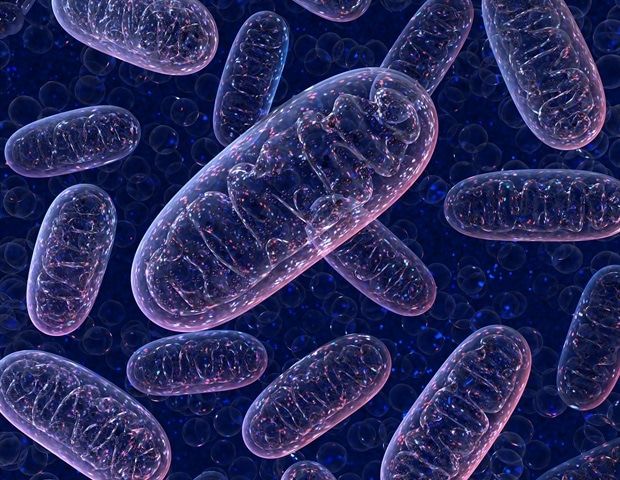O,.o circa 2020.
Scientists from the UCLA Jonsson Comprehensive Cancer Center have developed a simple, high-throughput method for transferring isolated mitochondria and their associated mitochondrial DNA into mammalian cells. This approach enables researchers to tailor a key genetic component of cells, to study and potentially treat debilitating diseases such as cancer, diabetes and metabolic disorders.
A study, published today in the journal Cell Reports, describes how the new UCLA-developed device, called MitoPunch, transfers mitochondria into 100000 or more recipient cells simultaneously, which is a significant improvement from existing mitochondrial transfer technologies. The device is part of the continued effort by UCLA scientists to understand mutations in mitochondrial DNA by developing controlled, manipulative approaches that improve the function of human cells or model human mitochondrial diseases better.
The ability to generate cells with desired mitochondrial DNA sequences is powerful for studying how genomes in the mitochondria and nucleus interact to regulate cell functions, which can be critical for understanding and potentially treating diseases in patients.









Comments are closed.